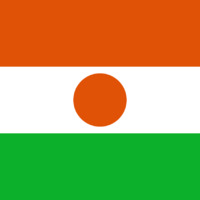Academic Article
A Discourse-Centered Approach Toward Understanding Muslim Identities in Zinder, Niger
- Title
- A Discourse-Centered Approach Toward Understanding Muslim Identities in Zinder, Niger
- list of authors
- Robert S. Glew
- Abstract
- en In the early 1990s, the newly built women's cooperative in Zinder, Niger, was destroyed by a group of men who accused women of failing to adhere to 'Islamic principles'. During the same period, a number of bars were damaged and subsequently closed. These events were generally viewed as marking the rise of 'Islamic fundamentalism'. However, no one could identify this group that had been labelled 'fundamentalists'. The present article takes a discourse-centred approach to an understanding of how Zinderois define what it means to be a Muslim. To do this, it analyses 'forms of knowledge' that represent different ways of defining Islamic practice and Muslim identity, namely, those of Koranic scholars ('malamai'), leaders of an Islamic reform movement, and traditional healers ('bokaye'). The 'malamai', reformers and 'bokaye' define Islamic practice and Muslim identity in different ways. Historically, it was the 'malamai' who used the label 'non-Muslim' to refer to 'bokaye'. But today, the 'malamai' find themselves being labelled 'non-Muslims' by the reformers. Majority Muslims draw upon these various forms of knowledge in different ways depending on the situation and in so doing display religious creativity and innovation.
- issue
- 14
- 15
- page start
- 99
- page end
- 119
- Date
- 2000
- Language
- Anglais
- Type
- Article de revue
- Subject
- identity
- Zinder
- Spatial Coverage
-
 Niger
Niger
